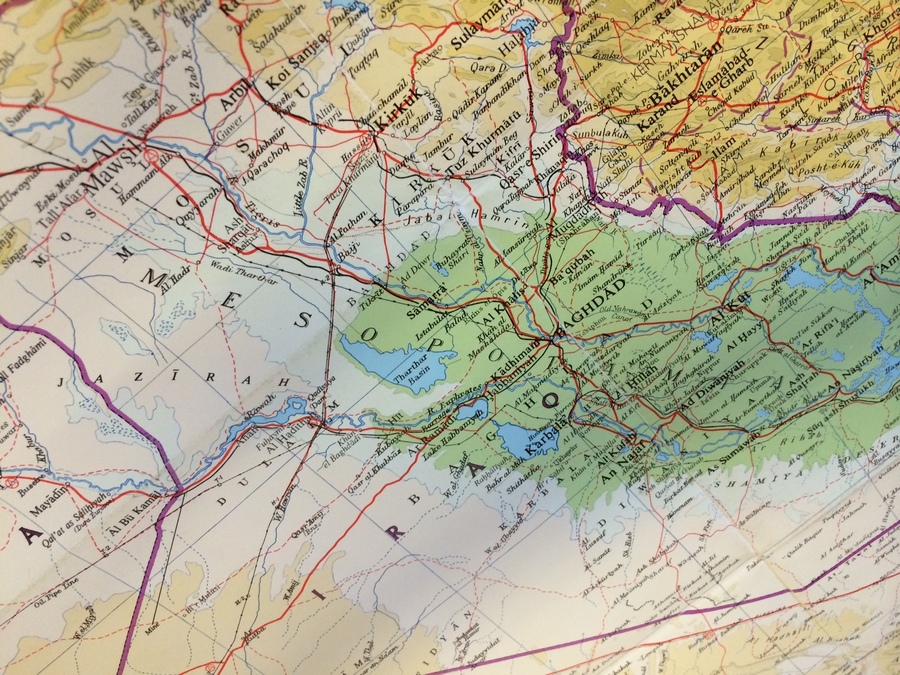Conferences and debates
Index / Activities / Conferences and debates / The Iraq debacle
The Iraq debacle
December 03, 20147:30 p.m.
MADRID
Casa Árabe Auditorium (at Calle Alcalá, 62).
7:30 p.m.
Free entrance until the event's capacity is reached
in English with simultaneous translation
Unity, federalism, caliphate or partition? Several international experts analyze each of these options
The event will include interventions by Hayder el-Khoei, a researcher at Chatham House; Kawa Hassan, a researcher at HIVOS and the Carnegie Middle East Centre, and Mohammad Ali Shabani, a researcher at Cambridge University. It will be moderated by Karim Hauser, who is responsible for Casa Árabe’s Governance Area.
With the beginning of the regional “awakenings” in 2011, the ability of nation-states and their institutions to recover have been put to the test on a daily basis. As long as the territorial integrity of the different countries is subjected to many pressures, the risk exists that borders might be modified throughout the entire Middle East, leading to the frequently mentioned “end of Sykes-Picot.” One clear example of this is the emergence and consolidation of the Islamic State, or Da'esh, the extent and strategy of its recruitment, its resources and its ability to organize, all of which have surprised most role-players and observers in the Middle East.
A laboratory of regime change and forced democratization since the downfall of Saddam Hussein, Iraq has suffered a de facto division between at least two different role-players: Kurdistan, in the North, governed by the regional government of Kurdistan (RGK), and the rest of the country, officially governed by the central Iraqi government, whereas the provinces are subject to local dynamics, both political and sectarian. With the proliferation of non-state role-players, it is essential to review the traditional analysis focusing on the country’s institutions. It appears as though we have now entered a new era in which both decentralization and federalism must be considered a part of the solutions to ensure stability and avoid the potential dismemberment of nation-states. And whatever the solution which is required for Iraq, it will undoubtedly involve both regional and international role-players.
As part of the international seminar Iraq at a crossroads, organized by Casa Árabe, Friedrich Ebert Stiftung and FRIDE, three guest experts will be dealing with this topic.

